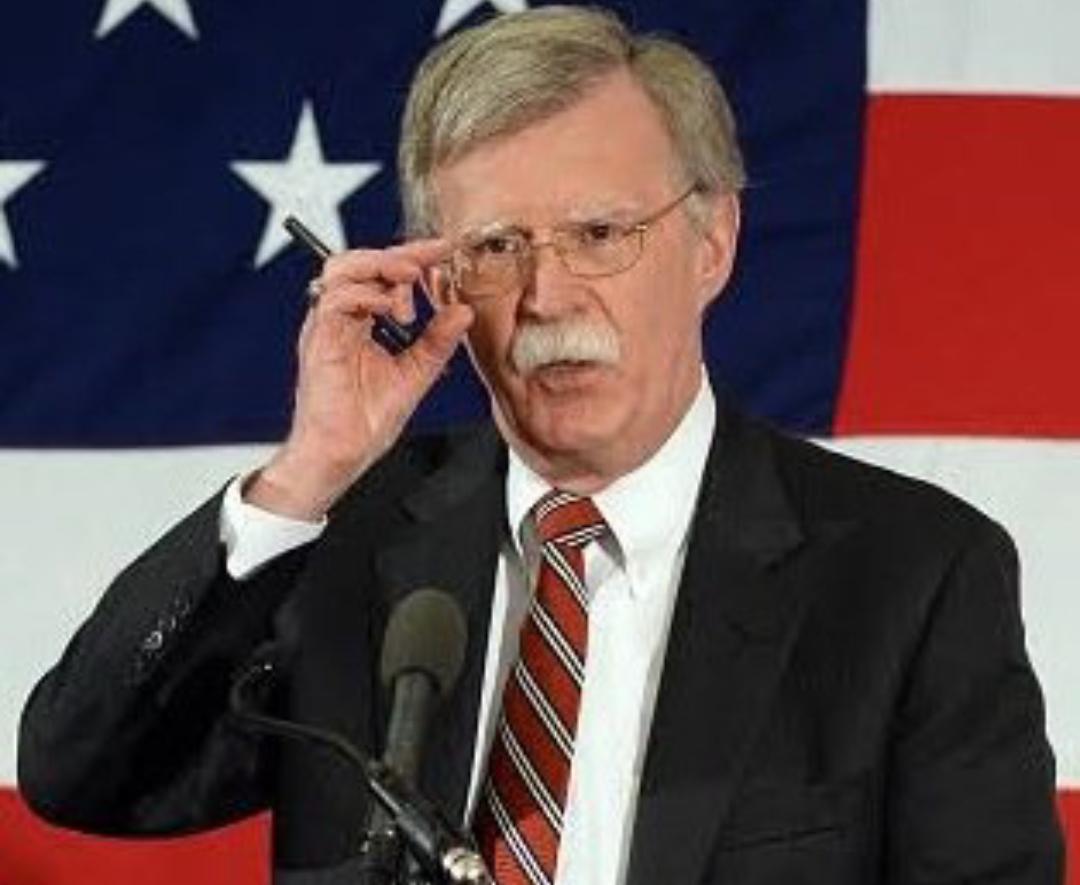
The old saying “He who digs a pit for others often falls into it himself” seems to be playing out in Washington. The United States’ move to impose over 50% tariffs on Indian goods—intended to pressure New Delhi—has now sparked fierce debates within America’s own political and strategic circles.
Behind closed doors in Washington, influential policymakers are clashing over the consequences of the decision. One of the loudest critics is none other than John Bolton, the former U.S. National Security Advisor under Donald Trump, who is now openly challenging the very policies he once served under.
Bolton warns that Trump’s decision to slap tariffs exceeding 50% on India threatens decades of U.S. strategic goals, particularly the effort to keep India away from Russia and China. Instead, the move appears to be driving India closer to both nations.
The trouble didn’t stop there. Alongside the primary tariffs, Trump introduced a 25% secondary tariff on India, accusing New Delhi of funding Russia’s war machine through oil purchases. However, the same administration only briefly engaged in a mini trade war with China before cooling tensions—an act Bolton and others see as a dangerous double standard.
India strongly rejected the tariffs, calling them “unjustified.” Russia immediately seized the opportunity to stand by India, openly accusing Washington of exerting illegal trade pressure. This diplomatic alignment came at a sensitive moment—just as a meeting between Russian President Vladimir Putin and Trump was scheduled.
In a CNN interview, Bolton called the situation “ironic,” warning that in trying to hurt Russia, Trump may be pushing India into closer alignment with both Moscow and Beijing. He even cautioned that India and China could potentially form a joint front against the United States.
Writing in The Hill, Bolton criticized the U.S. approach as “soft on Beijing, hard on New Delhi,” calling it a strategic blunder. He accused Trump of sacrificing major American interests in pursuit of a potential deal with Chinese President Xi Jinping.
Bolton isn’t alone. Christopher Padla, a U.S. foreign policy and trade expert, also warned that the impact of these tariffs could last for decades. If India remembers this perceived injustice, he argued, it could raise doubts about America’s reliability as a partner for years to come.
India, for its part, defended its energy imports, stating, “We will not compromise our energy security for someone else’s politics.” While brief, this statement sent shockwaves through Washington’s policy circles. Russia, eager for such an opening, reaffirmed its support for India—further complicating U.S. strategic objectives in the region.
Putin now holds multiple diplomatic cards: deepening energy ties with India, pressuring the U.S. on tariffs, and potentially leveraging the India–China equation in Moscow’s favor.
This episode is not just about economics—it is a geopolitical turning point. Trump’s tariffs have strained U.S.–India relations, strengthened Russia’s diplomatic position, and undone decades of effort to distance New Delhi from Moscow.
Bolton’s closing message was blunt: “Hard on India, soft on China is the worst combination for America.” His prediction? The U.S. could be paying the price for this mistake for many years to come.




